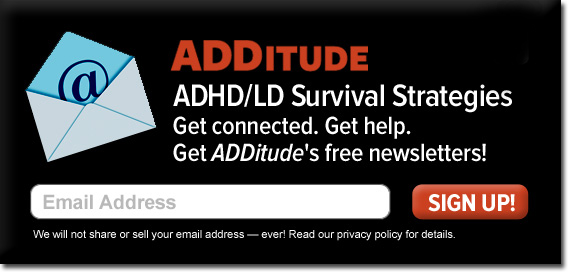The right diet can have a powerful, positive effect on your cognition, mood, memory, and behavior. The wrong diet can worsen ADD symptoms.
In two studies done in Holland, Lidy Pelsser, Ph.D., demonstrated that an elimination diet (eliminating sugar, gluten, dairy, eggs, certain meats, and food dyes) improved symptoms in 70 percent of children with ADD. (That was without eating some of the powerful brain-focusing foods that I will tell you about later.) As someone who knows what it's like to grow up in an ADD household filled with drama, this little food fact got my attention.
Everything you put on the end of your fork matters. When you eat to improve your health, you improve the quality of your life. Food impacts neurotransmitter levels of serotonin and dopamine, which play a big role in how you feel and perceive the world. Serotonin, for instance, is responsible for mood, sleep regulation, and appetite control.
When levels of this neurotransmitter drop, the results can be depression, anxiety, and negativity. This may be why we crave carbohydrates such as pasta, bread, and chocolate, all of which raise serotonin levels temporarily. Complex carbs, such as apples and sweet potatoes, work the same magic, but don't set you up for more cravings.
Get Dinner on the Table, Pronto!
Likewise, dopamine helps to increase focus and motivation. Eating small amounts of protein throughout the day can boost dopamine and stabilize blood sugar.
It is critical to make sure that the food you eat is loaded with nutrients that your body is able to properly digest and absorb. At the Amen Clinic, we created nine simple food guidelines to help you heal your brain and body.
Rule 1: Eat high-quality calories, but not too many
The quality of your food affects how your brain and body work. Try to eat high-quality food, and be careful with calories. Impulsivity leads many people diagnosed with ADD to eat the wrong things too often. In fact, impulsivity is associated with obesity, which has been shown to be bad for the brain. Eat only high-quality calories. One cinnamon roll contains 720 calories and a small quiche more than 1,000 calories while a 400-calorie salad made of spinach, salmon, blueberries, apples, walnuts, and red bell peppers will increase your energy and, maybe, make you smarter.
It's not as simple as calories in, calories out. Some calories adversely affect your hormones, your taste buds, and your health. Eating sugar and processed food, even in small amounts, leads to craving more food and feeling less energetic. You can eat more if you eat healthy, high-quality food that gives you energy and turns on the hormones that affect metabolism.
NEXT: Water Is the Secret






